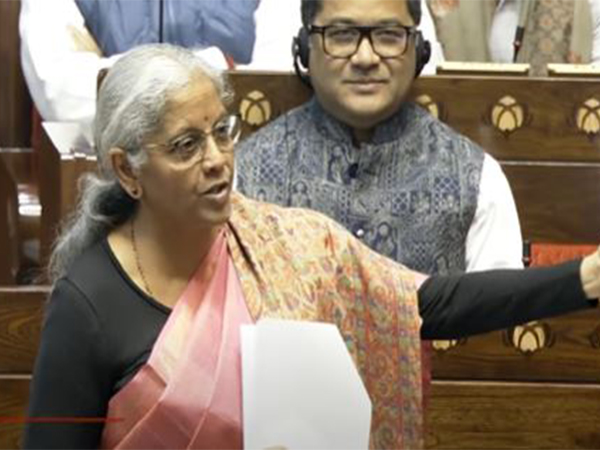Sitharaman Critiques Historical Congress Amendments
Finance Minister Nirmala Sitharaman criticized past Congress leaders, including Nehru and Indira Gandhi, over constitutional amendments aimed at consolidating power rather than strengthening democracy. She condemned amendments that curtailed free speech and highlighted controversial decisions such as the Emergency and the 39th Amendment protecting high-ranking officials from legal challenges.

- Country:
- India
In a pointed critique mirroring constitutional debates in the upper house, Finance Minister Nirmala Sitharaman delivered a robust rebuke of historical Congress leaders. Targeting figures like Jawahar Lal Nehru and Indira Gandhi, Sitharaman argued that their constitutional changes were less about democratic strengthening and more about entrenching authority.
Sitharaman contended that since WWII, over 50 countries gained independence and established constitutions; many have since overhauled them, while India's has endured. She highlighted the 1951 Constitutional Amendment, introduced by an interim government, which expanded Article 19(2) to include public order and relations with foreign states as grounds to restrict free speech.
The Finance Minister took issue with how Congress, during the Emergency and through the 39th Amendment, enacted measures that favored power retention, stifling opposition and curbing freedoms. Sitharaman underscored that these amendments were not champions of democracy but tools to shield those in power, reflecting on historical missteps with significant democratic implications.
(With inputs from agencies.)
ALSO READ
Biman Bangladesh Airlines flight from Dhaka to Dubai makes emergency landing at Nagpur airport in Maharashtra: Official.
Unexpected Diversion: Biman Bangladesh Airlines Flight Makes Emergency Landing in Nagpur
Emergency Landing Drama: Smoke Detected on Biman Bangladesh Flight
High Drama at Nagpur: Emergency Landing Averted by Quick Response
Rajasthan Assembly Erupts Over Minister's Indira Gandhi Remark










